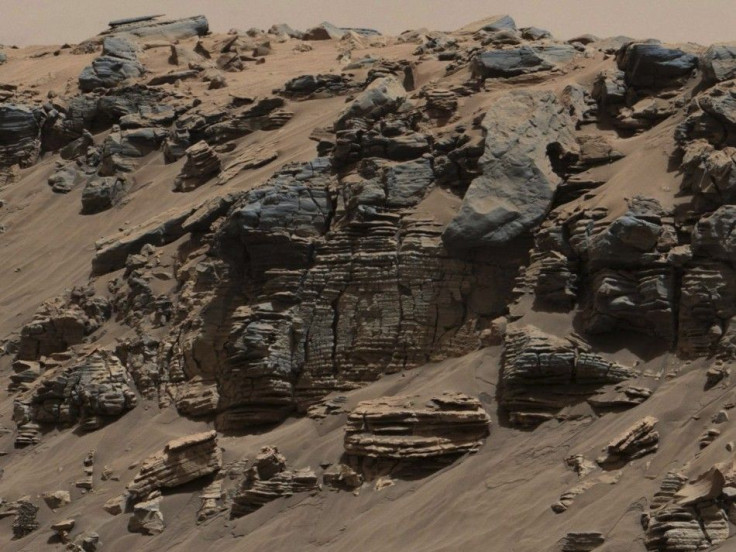Scientists discover clue to growing crops in Mars

Scientists have identified a DNA sequence in an ancient Australian tobacco plant that enables it to survive in the country’s remote Outback. Experts believe that this could offer clues to growing plants in Mars.
After a genetic mutation 750,000 years ago, Nicotiana benthamiana, a relative of the tobacco plant, has evolved into a plant that can survive the harsh condition in Australia. In the process, it lost its immune system to protect itself against infection, The Wall Street Journal reports.
“In most places [a faulty immunity gene] is going to be a pretty useless trait because it’s going to be wiped out by disease,” Peter Waterhouse, a plant geneticist at Queensland University of Technology, said. “In places like space where there are no pathogens, if you were growing your own plants, you could dispense with the waste of having these defenses.”
N. benthamiana is also known as pituri to the indigenous Aboriginal tribes, who use it as chewing tobacco. Waterhouse claims that this could be applied to growing plants in space. Isolating the gene that caused the plant to lose its immune system and thrive in the extreme condition can be clue to farming in space, where no diseases can wipe out crops.
According to the study published on Nature.com, scientists disabled the genes of another variety of N. benthamiana that grows in coastal parts of Australia. The plant produced seeds 50 percent bigger and twice the weight of the original. Waterhouse said that once plants no longer try to fight disease, which they all focus their energy into, they grow faster to help survive the extreme surroundings. This will reportedly be a stepping stone for them in thriving in outer space.
Contact the writer at feedback@ibtimes.com.au or tell us what you think below.




















